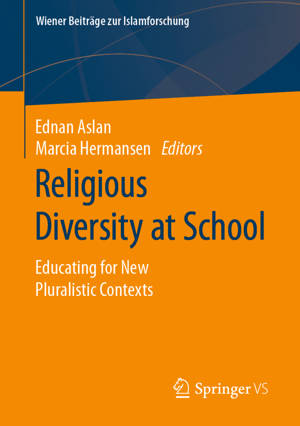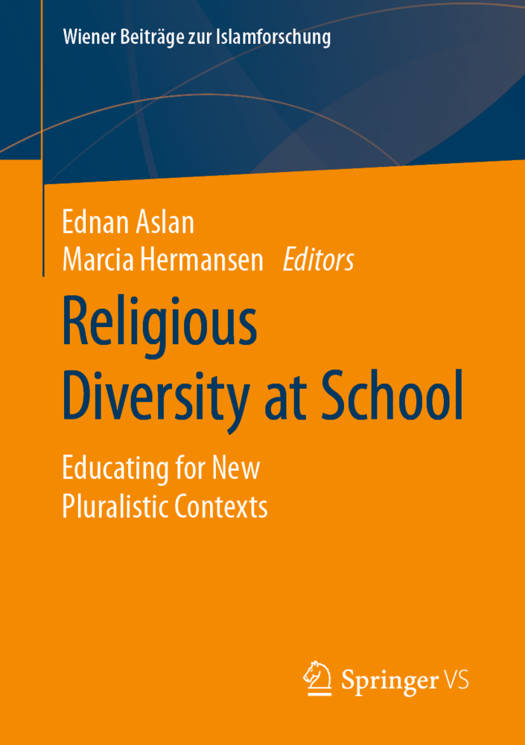
- Retrait gratuit dans votre magasin Club
- 7.000.000 titres dans notre catalogue
- Payer en toute sécurité
- Toujours un magasin près de chez vous
- Retrait gratuit dans votre magasin Club
- 7.000.0000 titres dans notre catalogue
- Payer en toute sécurité
- Toujours un magasin près de chez vous
Religious Diversity at School
Educating for New Pluralistic Contexts
Description
This volume features chapters by international experts in education, sociology, and theology who consider a range of challenges faced by educators in primary and secondary schools that are becoming increasingly diverse in terms of the ethnic and religious backgrounds of pupils. From the non-religious, to the refugee, to student fundamentalism and even radicalization---these multiple, fresh approaches analyze the dynamics of the changing pedagogical landscape in an age of ever increasing globalization and cultural plurality. Today's classrooms are often the most crucial spaces where children and adolescents encounter new cultural, religious, and other worldviews. Increasingly, teachers are called on to empower their pupils with the tools and competencies necessary to reflect on and process this plurality in ways that are productive for their intellectual growth and moral maturation.
Regional case studies provide extensive data while offering insights into developments in school settings across Europe, in Turkey, and in the United States. In addition, a number of the contributions address the delivery, content, and policies of Islamic Religious Education in European contexts, the educational strategies employed in multi-religious societies, and interreligious dialogue in schools, whether intentional or spontaneous.
Spécifications
Parties prenantes
- Editeur:
Contenu
- Nombre de pages :
- 438
- Langue:
- Anglais
- Collection :
Caractéristiques
- EAN:
- 9783658316952
- Date de parution :
- 12-04-21
- Format:
- Livre broché
- Format numérique:
- Trade paperback (VS)
- Dimensions :
- 148 mm x 210 mm
- Poids :
- 544 g

Les avis
Nous publions uniquement les avis qui respectent les conditions requises. Consultez nos conditions pour les avis.





